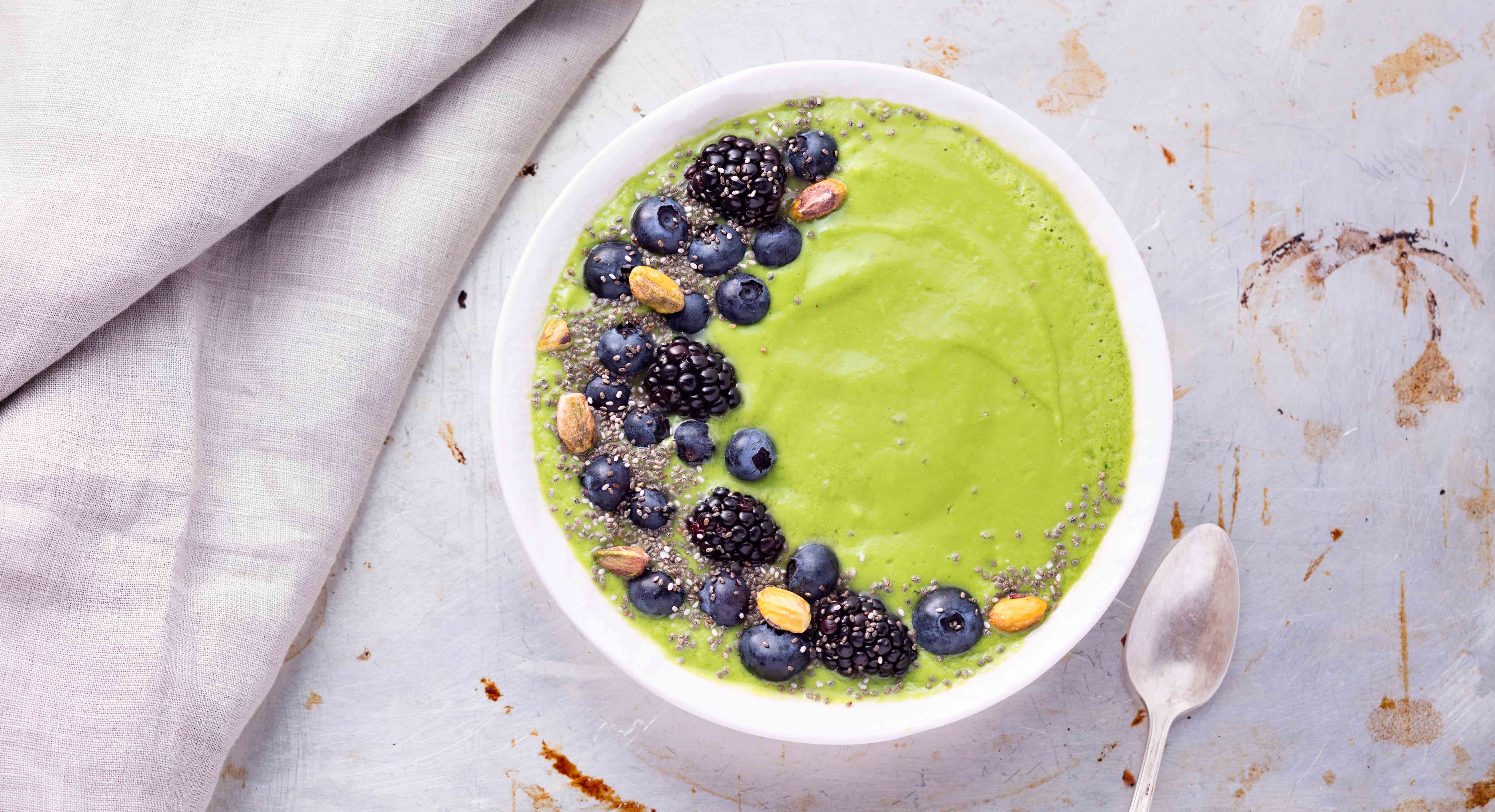5 Superfoods That Can Help You Run Faster
Publish Date: April 20, 2016
Last Update: February 9, 2026
Most runners I’ve come across have one thing in common: We love to eat.
Like, a lot. From casual weekend joggers to full on ultramarathoners, we’re all about that post-run refuel. That’s why every race exposition day offers free food, participants get a medal and a bagel at the finish lines of many marathons, and carbo-loading the night before a big race is a bonafide tradition.
Because our bodies burn about 100 calories per mile run, most runners can get away with putting away pancakes, french fries, and beer without packing on the pounds. But, dear athletes, most of that junky stuff isn’t helping fuel your body for those long miles.
Hey, we’re not necessarily saying you need to cut back on the “bad” meals you love—but there are some superfoods out there that every runner should eat regularly. If you want to run faster and recover more quickly, you need to try adding these into your eat-run-repeat routine.
Eat this: Chia seeds
In his now-classic sports book “Born to Run,” Chris McDougall followed members of the indigenous Mexican tribe called the Tarahumara who live in the desert and run barefoot for hundreds of miles a week. McDougall was shocked at how fast they were—we’re talking Boston Marathon–qualifying times here—and that they didn’t rely on sports drinks, energy bars, or caffeine to get through their days.
One thing they did refuel with? Chia seeds. They’re the perfect form of fast energy for any endurance athlete—that’s likely why their name comes from the Mayan word for “strength.” The tiny, lightweight seeds are extremely low in calories, but full of protein, omega-3 fatty acids, fiber, antioxidants and micronutrients like magnesium that can help with cellular repair. Toss them into your favorite smoothie or oatmeal recipe, or get your fill from nutrition bars like Chia Warrior Bars.
Make this: Balsamic-Roasted Blueberry Chia Popsicles
Eat this: MCT oil
Medium-chain triglycerides, or MCTs, are the same healthy fats that coconut oil is known for. Coconut oil comprises about 60 percent medium-chain triglycerides; MCT oil is 100 percent, and made by processing and extracting MCTs from other natural healthy fat sources found (like coconut oil).
Some athletes add this superfood to their morning smoothies or coffee to harness its metabolism-revving and fat-burning abilities. Scientists aren’t exactly sure why ingesting MCT oil may help people lose belly fat, but the fact that it’s easier to digest than other healthy fats and keeps you fuller for longer might have something to do with it.
Unlike other fats—like the kind found in dairy, nuts, or even meat—MCTs basically bypass the whole digestive process, making them easier for the body to use these fats for energy as opposed to storing them. After taking MCT oil regularly, people often report longer-lasting energy, so try a few tablespoons for cooking and frying, or take a shot of it before a big race if you’ve used it before and know it won’t upset your stomach.
Make this: Green Smoothie Bowl
Eat this: Eggs
So obvious, but so often overlooked! Eggs are one of the best post-workout foods out there. Each serving provides protein and essential amino acids for muscle repair and recovery, a compound called choline that rebuilds cell membranes (and that most of us are deficient in), and energy-boosting B vitamins. Plus, eggs keep you full for a long time—and taste best served with a crusty piece of toast, so you can still get your carb fix.
Make this: Spicy Eggs in Purgatory
Eat this: Collagen
An unfortunate side effect of training for a race is inevitable injury. Long hours of repetitive motion are bound to leave you with some aches and pains, but hopefully nothing too serious. Even if you are sidelined because of a muscle or tendon issue, there’s something other than foam rolling that you can do to help your body heal more quickly.
That is, supplementing with collagen, a clean protein source runners need to keep bones strong and joints healthy. With regular use, collagen has been shown to improve joint comfort, and minimize pain and deterioration. Either collagen or gelatin will work—they’re pretty much the same thing—but collagen is more easily absorbed into hot or cold liquids.
Make this: Blueberry-Watermelon Collagen Smoothie
Eat this: Lentils
Boost your metabolism all day long with legumes like lentils. They’re protein-rich, so they’ll keep you feeling full and energized, and like beans, they contain resistant starch, a type of carbohydrate that can’t be digested. Resistant starches are good for you because they feed the healthy bacteria in your stomach and small intestines, and since the body has to use more energy to digest them, they might help control appetite.
Lentils are also rich in magnesium, vitamin B6, iron, zinc, and potassium, all of which boost the immune system and can keep you from feeling sick and run down.
Make this: Red-Lentil Soup
Of course, scarfing down all of these foods in one sitting isn’t gonna help you shave time off your mile pace. But eating them regularly could! We want to know: What foods fuel your runs? Tell us in the comments below.
Photo credit: Paul Delmont, Alicia Cho




